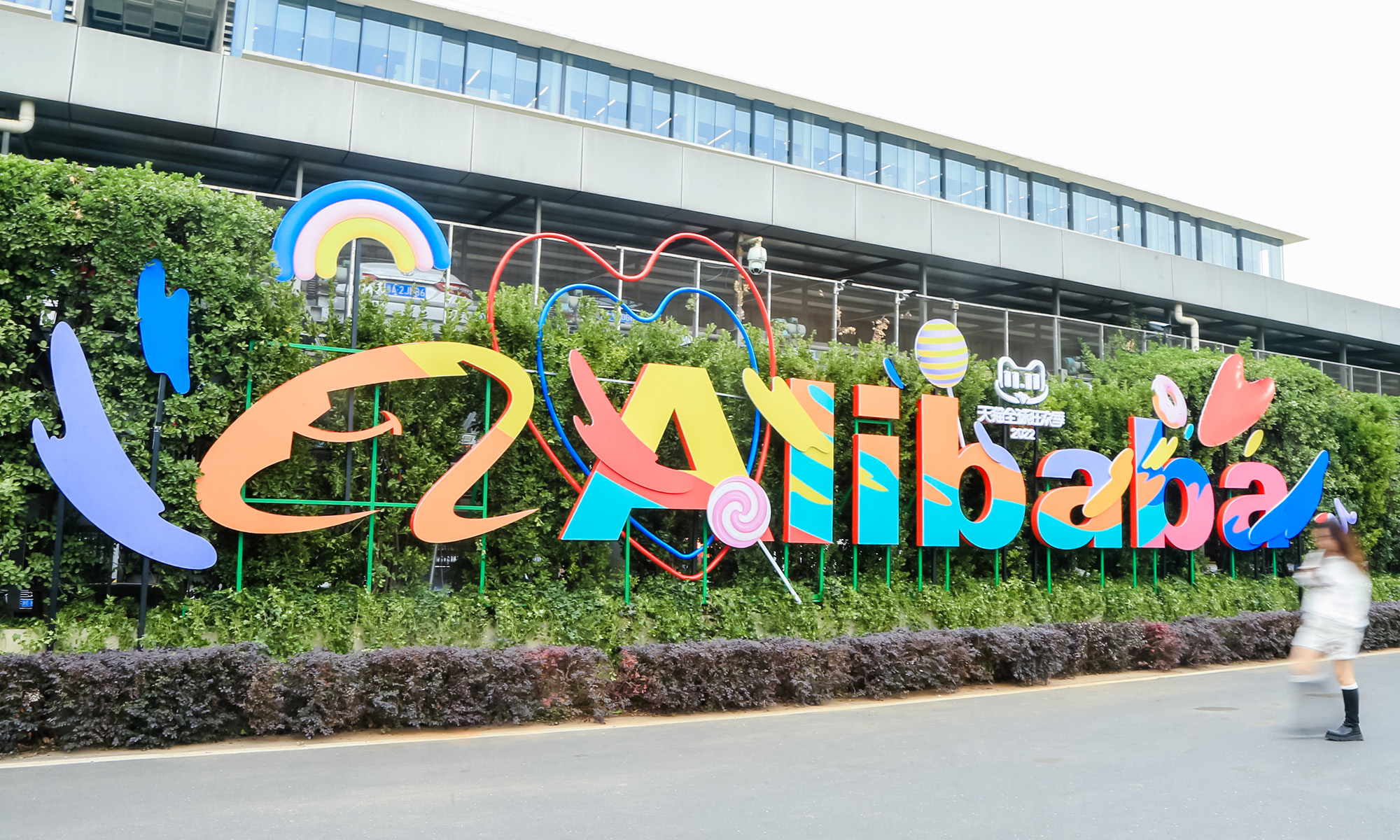Walmart (WMT 1.05%) and Amazon (AMZN +1.57%) have been making headlines as they push to play a bigger role in India's e-commerce landscape. But their success in this market isn't a foregone conclusion. Chinese e-commerce giant Alibaba (BABA +5.58%) is reportedly looking to make its own splash in India after entering this market three years ago through payments provider and online marketplace Paytm.
Alibaba is now the largest stakeholder in Paytm, and it has continued to pump money into the Indian start-up to get more skin in the Indian e-commerce industry. But it is the company's next move that could help it take the fight to Amazon and Walmart in a big way.

Image source: Getty Images.
Alibaba wants to level up
The Paytm stake gives Alibaba access to India's booming digital payments market. In fact, Paytm is the market leader when it comes to digital payments in India, but its online marketplace -- Paytm Mall -- lags far behind rivals, with a market share of just 5.6% last year. By comparison, Walmart's Flipkart and Amazon controlled 39.1% and 31.1% of the Indian e-commerce industry last year, respectively.
But Alibaba, which holds a 46% stake in Paytm Mall, is now looking to change the status quo through strategic investments. The Chinese company was reportedly in talks to pick up a 50% stake in Reliance Retail for $5 billion, and that would have been a big deal given the Indian company's massive infrastructure on the ground.
It is being reported that the Alibaba-Reliance talks have fizzled out over cultural differences, but the former has found a new way to boost its e-commerce presence in India. Alphabet's Google and Alibaba are reportedly considering a joint venture to pick up a 7% to 10% stake in prominent Indian retailer Future Retail for $500 million to $570 million.
Such a move will pit the Alibaba-Google JV against Amazon, which had reportedly shown interest in picking up a 10% stake in Future Retail earlier this year. But the American e-tailer had to face rejection as a local investment group ended up acquiring a 6% stake in Future Retail for $251 million in June.
So the rumored offer from the Alibaba-Google consortium looks sweet from a valuation point of view. Now, Future Retail's CEO has indicated that the company is looking to raise money and could receive funding from a foreign investor within the next couple of months, which leaves wide open the possibility of an Alibaba investment.
If such a deal materializes, Alibaba will be able to amplify its Indian e-commerce presence thanks to the synergies that Future Retail will bring.
The Alibaba advantage
Alibaba already has access to an online marketplace and a digital payments platform in India, and the addition of Future Retail will help it add another dimension in the form of physical stores. Future Retail is present in 255 cities across India, commanding total retail space of 13.6 million square feet spread across more than 1,000 stores that attract 500 million customers annually.
This sprawling infrastructure should give Alibaba's omnichannel retail ambitions in India a major shot in the arm. The Chinese company is reportedly being pressured by Paytm executives to explore the online-to-offline e-commerce channel so that it can compete more effectively against the likes of Walmart and Amazon.
A deal with Future Retail means that Paytm users can browse products online and choose to have them delivered to their doorstep or pick them up from a physical store location. Additionally, Future Retail's presence all across India means that Paytm will be able to reduce delivery times, which should help attract more users.
In fact, Future Retail has 42 distribution centers in India totaling four million square feet. This is comparable to Amazon, which currently has 41 fulfillment centers in the region, and exceeds Walmart-owned Flipkart's count of 21 quite easily. So Alibaba's Paytm will get access to a strong supply chain network capable of challenging the two American giants if it can strike a deal with Future Retail.
Amazon and Walmart don't have a sizable offline presence in India, and Alibaba is now focusing where its competitors aren't. This potential stake in Future Retail could create another obstacle for both Amazon and Walmart, making it a true, three-way battle for the Indian market.








